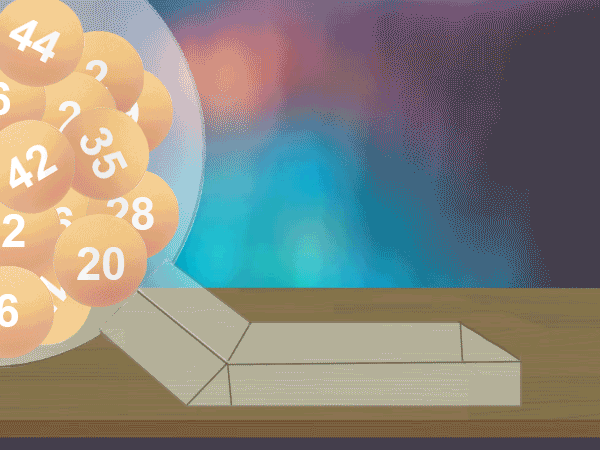
Basically, a lottery is a game of chance that requires the purchase of a ticket. This ticket contains a set of numbers, and the player will then bet on which of these numbers will be selected by the draw. If the number chosen is the winner, then the person will be paid a sum of money.
Most lotteries are organized by state or city governments. These organizations generally organize the lottery so that a percentage of the proceeds are donated to good causes. This money can then be used to fund a variety of public projects. These projects could include funding for a school or university, building a sports team, or financing a bridge.
Lotteries have existed since the time of the Old Testament. In fact, the first lottery known to be held in Europe was held during the Roman Empire. Lotteries were also used in colonial America. In the 17th century, several colonies used lotteries during the French and Indian Wars. In 1758, the Commonwealth of Massachusetts raised money with a lottery for an “Expedition against Canada.” The Academy Lottery of 1755 raised money for the University of Pennsylvania.
Lotteries were also used in the Netherlands in the 17th century. In that country, lotteries were used to fund colleges and libraries. The first known lottery in France was the Loterie Royale, which was authorized by the edict of Chateaurenard. However, the lottery was a fiasco. It was expensive, and tickets were very difficult to buy.
Many people believe that lotteries are a form of tax. However, research shows that the long-term effect of winning a lottery is relatively small. For example, if you win millions of dollars, your winnings would be subject to state and local taxes, and if you won ten million dollars, you would be subject to 37 percent of the federal tax bracket.
Most lotteries in the U.S. take 24 percent of the winnings to pay federal taxes. The amount of taxes varies by jurisdiction and investment. The winner can choose to receive the prize in a lump sum or in installments. However, the amount of money won is usually less than the advertised jackpot, because income taxes are applied to the prize.
In some states, lottery proceeds are used to fund public projects. For example, the New York Lottery buys special U.S. Treasury Bonds for the lottery. In some cases, the proceeds of the lottery are used to fund housing units for the poor. The District of Columbia also has a lottery.
In the United States, a lottery is held in 45 states and Puerto Rico. There are also multi-state lotteries, where states come together to offer large jackpots. Most lotteries in the United States take 24 percent of the winnings to pay for federal taxes. The rest of the money is divided among the states.
In the Netherlands, lotteries were held to help the poor. In the United States, a lottery can also be used to fill a vacancy in a school or university. Some government organizations endorse or organize lotteries, while others outlaw them.